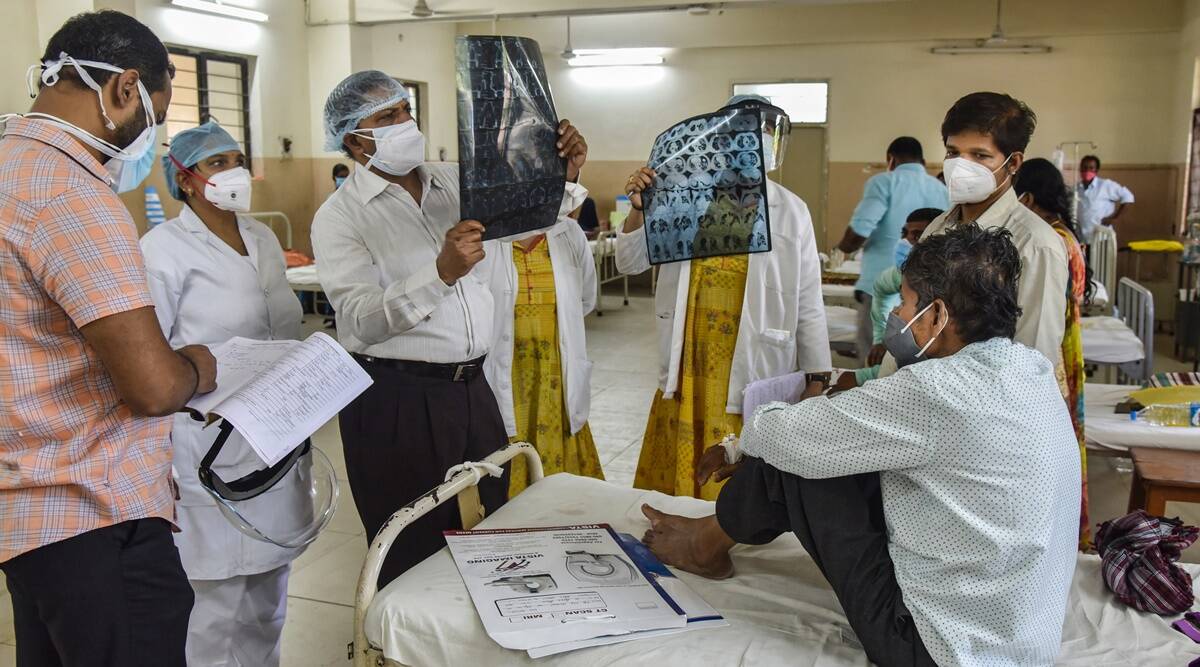A debilitating medical condition that affects bones — avascular necrosis (AVN) — has been reported among COVID-19 patients in India. The three patients, all under 40, are being treated at a Mumbai hospital. Like the earlier black fungus outbreak among COVID patients, avascular necrosis is also being attributed to use of steroids, a drug liberally used on COVID patients.
Avascular necrosis is a disease that results from the temporary or permanent loss of blood supply to the bone. When blood supply is cut off, the bone tissue dies and the bone collapses. If avascular necrosis happens near a joint, the joint surface may collapse. This condition may happen in any bone, according to hopkinsmedicine.org.
Also read: Five ways to stay fit during the pandemic
Doctors are expecting a spike in the number of AVN cases among recovered COVID patients. Sanjay Agarwal, medical director of Mumbai’s Hinduja hospital, where the three patients are being treated told the Times of India, “Covid survivors, who have been on steroids, and then developed hip or thigh pain, need confirmatory MRI to establish a diagnosis of AVN of the hip.”
This comes on the heels of Delhi hospitals reporting 750 cases of black fungus after the deadly second wave of coronavirus, data by Delhi government shows. Cases of black fungus spiked during the surge of infections between April to May, with 5, 000 cases being reported from 18 states.
Also read: COVID patients show abnormal blood sugar levels
Symptoms of the fungal diseases include fever, cough, and shortness of breath. Some patients also report a white coloured thrush – hence the name “white fungus” – in nose, mouth, lungs and stomach or nail beds. When the bug travels to the blood stream, patients can experience fall in blood pressure, fever, abdominal pain and urinary tract infections.
Also read: HIV+ woman carries coronavirus for 216 days
Experts says those patients who are put on mechanical ventilation are at greater risk of developing bacterial or fungal infections.







